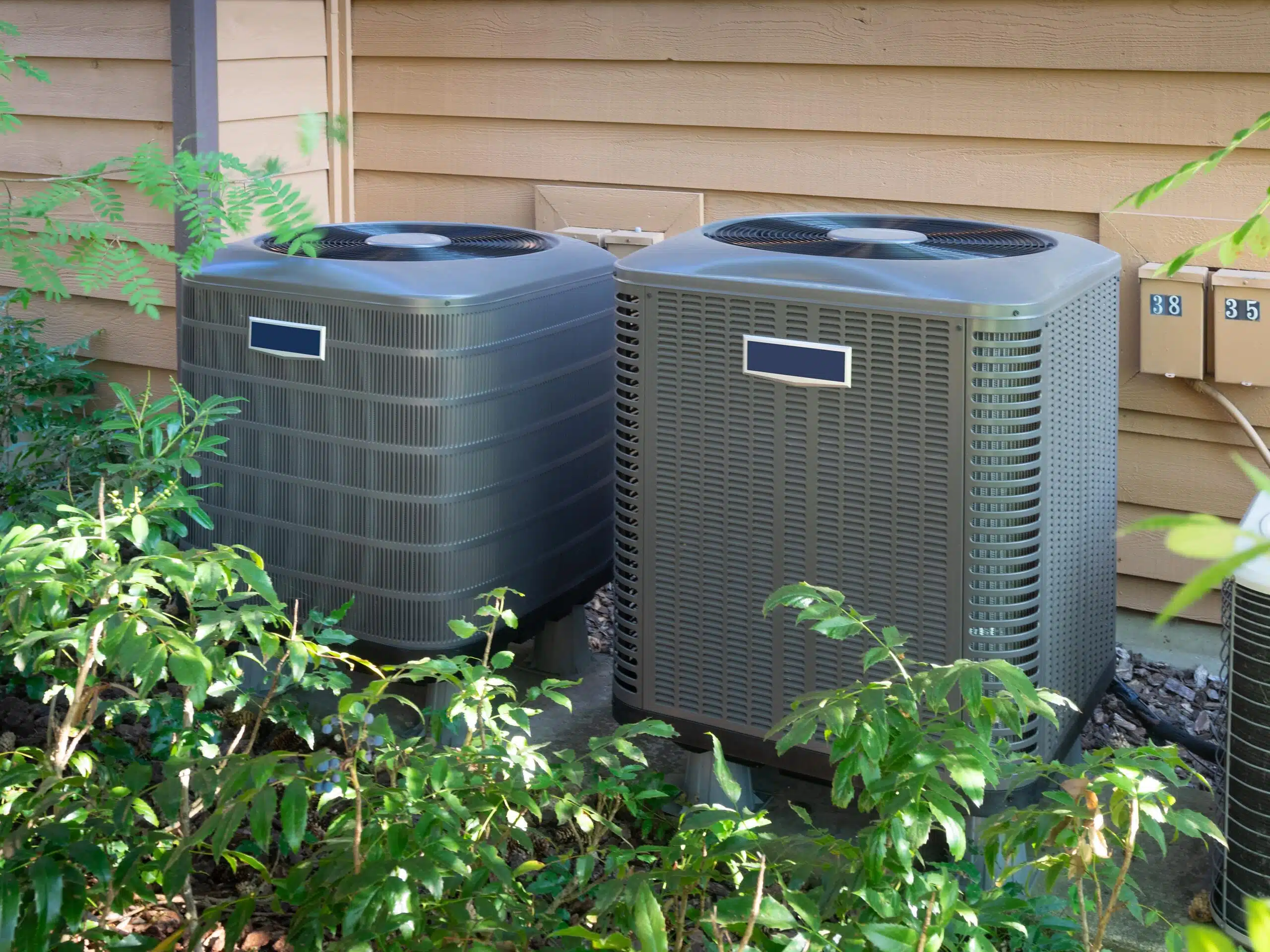YOU CAN EXTEND THE LIFE OF YOUR AIR CONDITIONER WITH AC LEAK SEALER
If you have done any research on AC leak sealants, you have probably noticed that there is some controversy about these products. Not everyone is a big proponent and not all products are created equal, but with the right AC sealant, you can extend the life of your air conditioner and enjoy a more efficient system that will keep your home cool and comfortable. Keep reading to learn everything you need to know about AC leak sealers and how they may be able to help.
Is AC Leak Sealer The Best Solution For My Underperforming Air Conditioner?
Refrigerant leaks are a common problem with air conditioner units, especially if you have an older model. The good news is that sealing the leak can be a relatively easy and inexpensive fix. Before we get into the details of repairing a leak, let’s take a closer look at signs that you may have a leak.
Poor Performance
If your air conditioning unit is struggling to keep your home cool during the warmest parts of the day, a common cause is a refrigerant leak.
High Indoor Humidity
AC units not only provide cool air, they also remove humidity so that your indoor environment is more comfortable. If you are noticing that the air feels humid, your AC is not working properly and a leak may be the culprit.
High Utility Bills
It is important to pay attention to your monthly utility bills so that you can identify any anomalies. A spike in your power bill is a red flag and could mean a leak or something more serious.
Long Cooling Cycles
If you have a leak, your AC unit may be able to keep your home cooled to the ideal temperature, but it may also be working harder than necessary. One indicator of this is longer cooling cycles. Basically, you will be able to hear that air being blown through the vents for a longer period of time than usual.
Ice On The Evaporator Coils
Be sure to take a look at the outdoor portion of your AC unit. If you see ice crystals forming on the evaporator coil when the weather is warm, you will need to service your unit.
Hissing Sounds
Your AC unit will make some sounds while it is running, but you shouldn’t be able to hear anything when the AC is off.
Keep in mind that refrigerant is toxic, so a leak can be more serious than just high utility bills. That is why it is always a good idea to have a licensed professional handle your AC leak and clean up any refrigerant. This will help keep you and your family safe and help to protect the environment.
Locating a Leak Before Applying Air Conditioner Sealer
Pinhole leaks are most common in the evaporator coils. These can occur simply due to wear and tear or be the result of a factory defect or improper installation. An HVAC professional has a few tools they can use to help locate a leak. In most cases, they will use an electronic leak detector, which is an extremely accurate method. Soapy water can also be applied and any place where it bubbles up is a clear sign of a leak. Finally, ultraviolet dye can be added to the system, but the dye may affect the performance of your unit in the long run.
How the Refrigerant Leak Sealer Is Applied
Once the leak has been located, the technician applies the professional grade refrigerant leak sealer. The sealer is simply injected into the system and travels with the refrigerant. When it comes into contact with outside air from the leak, the sealant is activated and forms a permanent epoxy-like seal.

Applying HVAC Leak Sealer Is Fast and Affordable
HVAC leak sealers are a popular repair choice for St Louis area homeowners as they are inexpensive relative to a new air conditioning installation. The repair time is short compared to other ac repair services. The technician will have to inject the leak sealer and usually a single can will repair the leak in a matter of days. Repairing the leak will make your unit more efficient and help ensure that it lasts as long as possible so that you are able to save money in both the short term and long term.
Does Refrigerant Sealant Cause Clogs?
One of the arguments against using an AC sealant to repair small leaks is that the sealant will actually clog the entire system. This is a possibility, but only if you use an inferior product. One thing to look out for is polymer free sealants. Polymers do have the potential to cause clogs in the system, but most reputable HVAC companies use professional grade polymer free sealants. Be sure to confirm this with the technician.
Are Home AC Leak Sealers Only a Temporary Fix?
Another common myth about AC leak sealers is that they are only a temporary fix. In reality, high-quality sealers will effectively close off any leaks and allow your AC unit to provide peak performance. You won’t have to worry about paying for expensive refrigerant each season and you can enjoy a comfortable home even on the hottest days.
Final Thoughts
Your HVAC system is one of the main components in your home. It is a big investment that is worth protecting. If you want to avoid refrigerant leaks, start by making sure that your unit is installed by an experienced professional. Damage during the installation process can cause leaks right from day one. Take the time to research HVAC companies and choose a reputable service provider that has positive reviews from customers.
It is also a good idea to schedule regular AC maintenance. You may not notice the signs that you have a refrigerant leak, but if you have a trusted HVAC technician inspect the unit, they can catch any problems and make sure your air conditioner is working properly. Ultimately, this means that you will save money on your monthly energy bills and you will be able to prolong the life of your unit so that you don’t have to purchase another air conditioner in the near future.
If you are having any issues or would like a quote on a new HVAC system, and live in the St Louis / St Charles area, call our office at (314) 717-0639. You can also request a service call online by filling out the form below.
Schedule AC Sealer Service & Recharge
Call our office at (314) 717-0639 or request a service call by filling out the form below
To set up your home furnace repair today, call our office or fill out the online form below.
"*" indicates required fields





